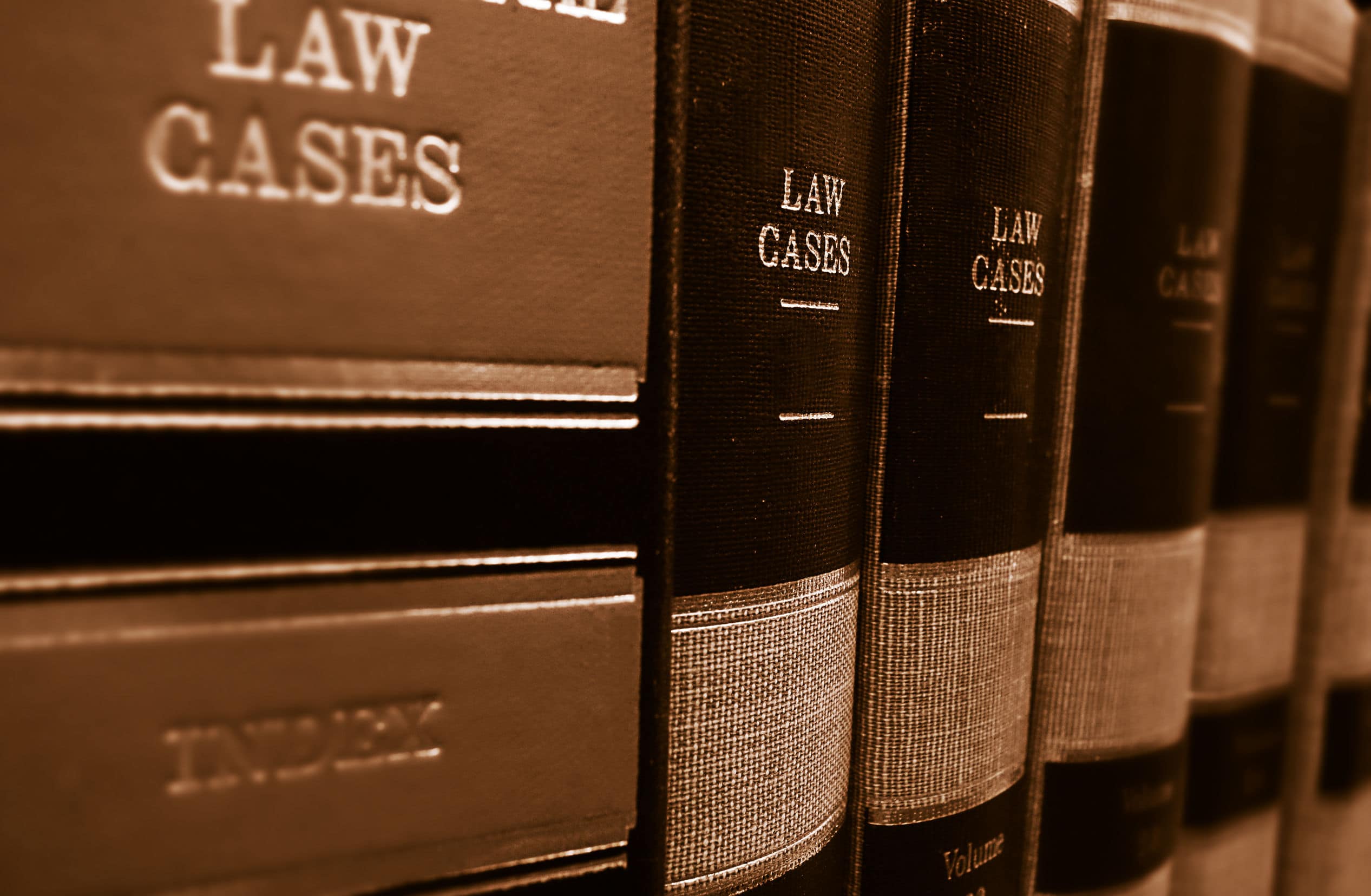If you are charged with a crime, you need a strong defense. In order to have a strong defense, you have to fully understand the definition of the charges you are facing.
Most charges are straightforward: DUI, theft, etc. What about “criminal mischief,” though? What does that mean?
The answer varies from state to state. “Criminal mischief” in Colorado may look different than “criminal mischief” in Pennsylvania. If you have been charged with criminal mischief, become familiar with Colorado’s definition.
From there, you can choose a defense strategy that effectively argues against the charges against you.
What Is Criminal Mischief in Colorado?
Under Colorado law, causing mischief isn’t just about fooling around. Criminal mischief takes place when someone “knowingly damages the real or personal property of one or more other persons, including property owned by the person jointly with another person or property owned by the person in which another person has a possessory or proprietary interest, in the course of a single criminal episode.”
How serious is this crime? The answer depends on the amount of damage committed. Prosecutors will use the value of the repairs or the items to charge offenders with a misdemeanor or felony crime.
If you damaged $1,000 worth of “real or personal property” for example, you are likely to face felony charges.
You Can Be Charged with Criminal Mischief in Colorado If You…
- Drive into your place of work because you are frustrated with management
- Accidentally damage a row of shopping carts while doing donuts in a parking lot
- Break into a church and cause damage to church property in the process
- Spray paint the side of a school without permission
- Climb onto a statue and cause pieces to fall apart
This certainly isn’t an exhaustive list of the criminal mischief Coloradoans can get into. It does, however, demonstrate the wide range of activities that can fall under this crime’s umbrella.
Let’s take a deeper dive into how these different criminal activities can create variances in your criminal defense…
Ask Yourself: Did You Act Intentionally? Recklessly? Knowingly?
Let’s take a look at the first two examples of criminal mischief. Both involve someone driving a car. Both cause damage to real or personal property. Yet the intentions behind both incidents are different.
In the first incident, the offender clearly had intentions to cause damage. The second incident could easily be the story of a kid who is just trying to have fun on a Friday. The driver may not have intended to cause damage to the shopping carts, but they did anyway.
Can they still be charged with criminal mischief, even if the damage was an accident? Yes.
How Intent Affects Your Criminal Defense
Colorado law believes there is a difference between recklessly, knowingly, and intentionally causing damage.
Prosecutors will likely argue that the driver in the second example knowingly caused damage to the shopping carts by engaging in a risky and dangerous activity. The driver understood the risks of doing donuts, and should, therefore, be held responsible.
You might not have had the intention of causing damage, but that argument may not hold up in court. Your criminal defense attorney may instead focus on other ways to prove that you did not commit criminal mischief.
Defending Against Criminal Mischief Charges

Defendants can still fight back against criminal mischief charges, even if they knew the risks of damaging nearby property. Possible defense strategies include:
- Recklessness: You had no way of knowing that your actions would cause property damage.
- Self-defense: You were under attack and recklessly damaged property in order to defend yourself.
- Incorrect property value: Prosecutors overestimated the costs of damages, resulting in higher and unfair charges against you.
- False accusation: Law enforcement officers accused you, instead of the real perpetrator.
Again, this list is not a sum total of the defense strategies available to you, or that might make sense for your case. Instead, they are a great start to understanding the charges you face.
About the Author:
Kimberly Diego is a criminal defense attorney in Denver practicing at The Law Office of Kimberly Diego. She obtained her undergraduate degree from Georgetown University and her law degree at the University of Colorado. She was named one of Super Lawyers’ “Rising Stars of 2012 & 2019” and a “Top 100 Trial Lawyers in Colorado” for 2012-2020 by The National Trial Lawyers. Both honors are limited to a small percentage of practicing attorneys in each state. Additionally, Expertise names her to its lists of the 25 Best Denver DUI Lawyers and 21 Best Denver Criminal Defense Lawyers, both in 2020. Ms. Diego has also been recognized for her work in domestic violence cases.





